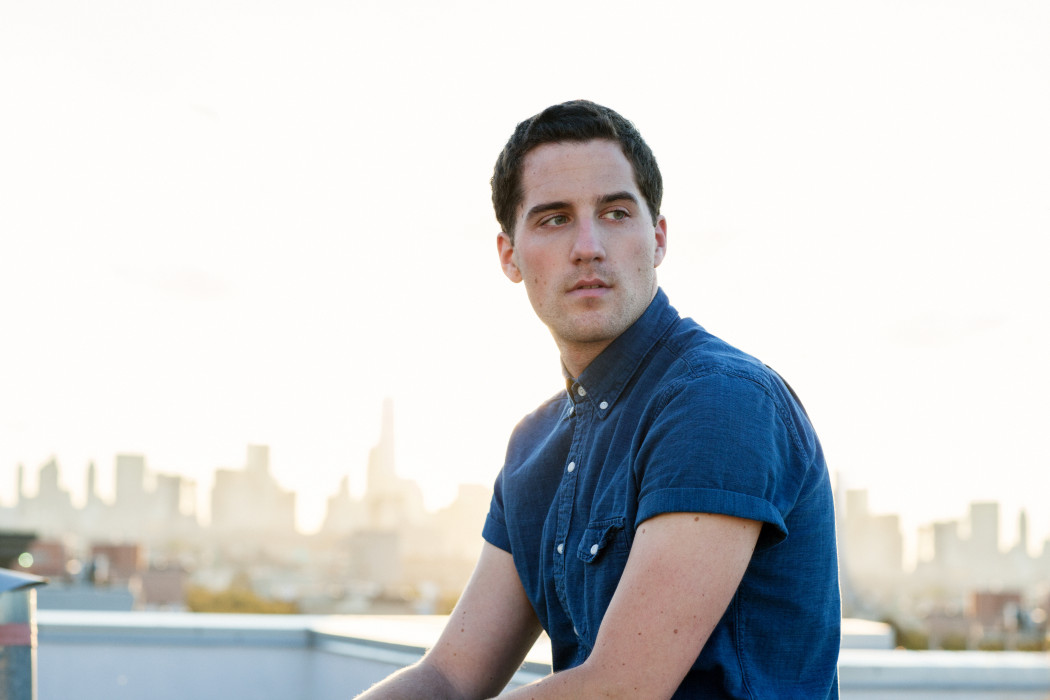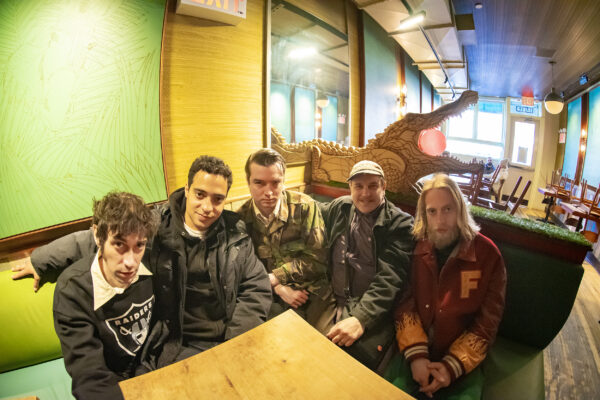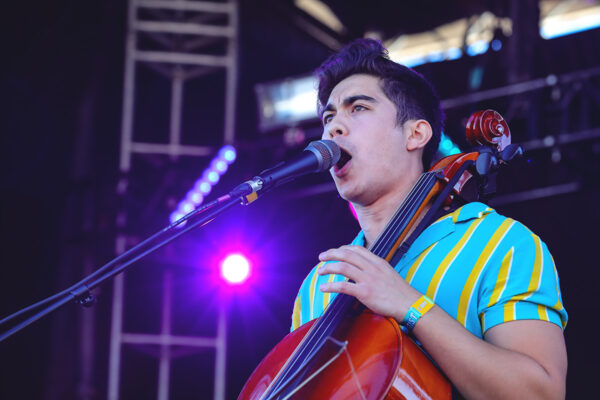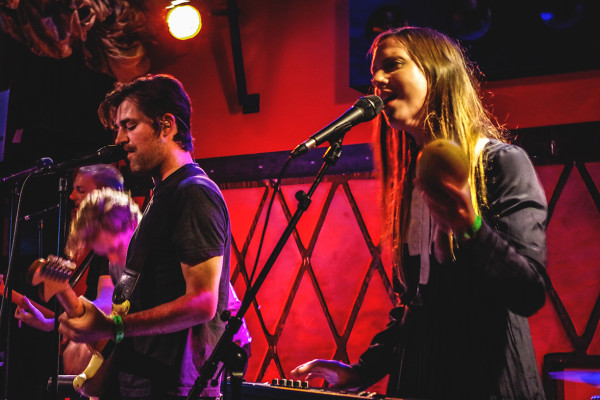New York-based singer-songwriter Jesse Ruben releases his new song, “This is Why I Need You,” interweaving an Iron and Wine infused with Jose Gonzalez vibe and a testament to true love. Pancakes sat down with him – via the interwebs – to discuss whiskey, songwriting, and his battle with Lyme Disease.
[soundcloud url=”https://api.soundcloud.com/tracks/236340835″ params=”color=ff5500&auto_play=false&hide_related=false&show_comments=true&show_user=true&show_reposts=false” width=”100%” height=”166″ iframe=”true” /]
P&W: What do you see as an artist for the future of labels?
I think it’s an interesting time for labels right now because they know less and less people are buying music as streaming takes over. They know their model is outdated, but they haven’t found the perfect solution. Everyone from big labels to independent artists, we’ve all been trying to figure it out. Also the occasional big successes (the new Adele record is the best example) help keep them afloat using the old model. I think the future involves smaller labels, with smaller audiences that are much more personally connected to their artists, similar to some development deals that are happening now. That seems to make the most sense to me. Where a group of people work on music they connect with, and profits are distributed evenly. You can’t have a system where the people creating the product (the artists) are working so hard and making so little money. There are way too many amazingly talented artists who are struggling financially right now.
Can you explain the importance of endurance as a solo artist trying to be heard in the US Radio Airwaves?
There are so many factors that go into getting radio play. What the trends are, what radio stations are looking for, etc. It’s impossible to predict at any given time. I think the best thing you can do as an artist is focus on making the best music you can, for as long as you can, and work as hard as possible on getting people to hear it. After that, its just about having a song that people can really latch on to.
Rachel Platten has really made waves in the past year – after more than a decade of hacking away at the industry. Why do you think, “Fight Song” resonated so well with this country? What similarities can you describe to our audience between your song, “We Can” and “Fight Song?”
I remember the first time I heard “Fight Song,” I thought it did a really great job of having a strong message without being cheesy or over the top. There have been other songs in the past that have done this well (“Brave” by Sara Bareilles comes to mind). Music does a lot of different things for different people. We need it when we are sad, or lonely, or happy, or drunk, or confused, or celebrating. Songs like “Fight Song” do well because people want to experience hope. I wrote “We Can” because I wanted to give people permission to do the scary things they had always wanted to accomplish. For me, that was running a marathon. It’s been amazing to hear what people have done with that song, and how it has helped them.
What are your goals as a person, artist, and philanthropist for 2016?
Oh man, I have a lot. I want to release a new album. I want to run the NYC Marathon to support Lyme Disease research and awareness. I want to expand my audience, see new places, tour overseas, get a song in a commercial, and help as many people as I possibly can.
What is it about Nashville that makes a songwriter write love songs? Is it all the whiskey?
This might be my favorite interview question of all time. I think the whiskey certainly helps (I was always a whiskey guy but my love for bourbon, particularly Buffalo Trace and Jack Daniels, really grew while I lived there), but also you have so many people writing so many songs together, and love seems to be the topic that we need to talk about and analyze and comment on.
Why do you think taking risks is so important as a Songwriter?
It’s important to push yourself. For me that meant staying away from writing “she doesn’t love me” songs. I got really comfortable doing that, and needed to take a step back and think about what I wanted to sing about and talk about on stage. What matters to me? What do I have to say? I like writing about stuff about stuff going on in the world, or what it’s like to grow up and deal with being an adult. It’s also great when you’re writing and you come up against “can I really sing that??” and doing it anyway. That’s the stuff that really connects with people.
Has having Lyme changed your songwriting and if so, how?
Happy to answer this question. Having Lyme disease has changed most aspects of my life. After two years of really not feeling well, and dealing with doctors, and medical bills, and all that fear and uncertainty, I am so grateful to be back making music again, and I think that comes through in the stuff I’m writing and recording now. I know so many people who deal with so much on a daily basis. I am so grateful to be feeling well. It’s a good reminder of what is really important to me. I used to write a lot about relationships, and dating, and family. Now I’m really focused on writing stuff that reminds me that it’s all going to be okay. Because it is.
Article: Hillary Barleaux




